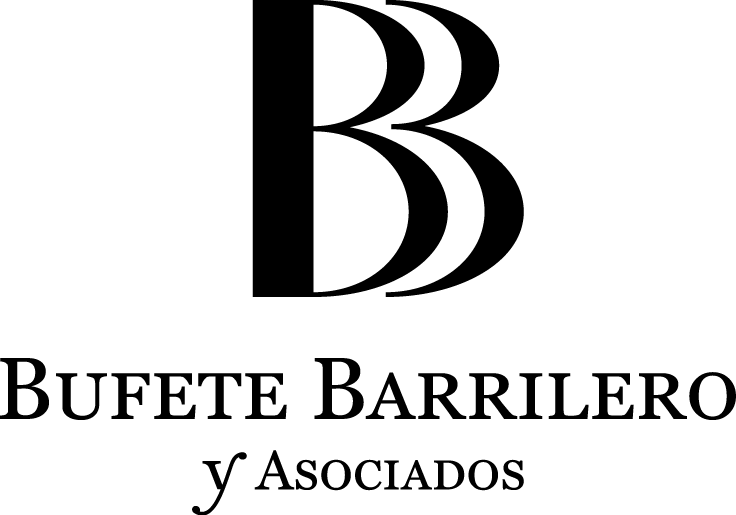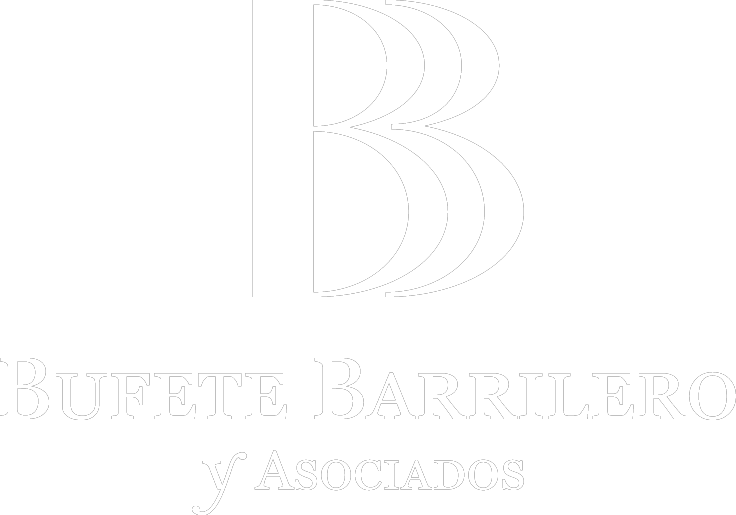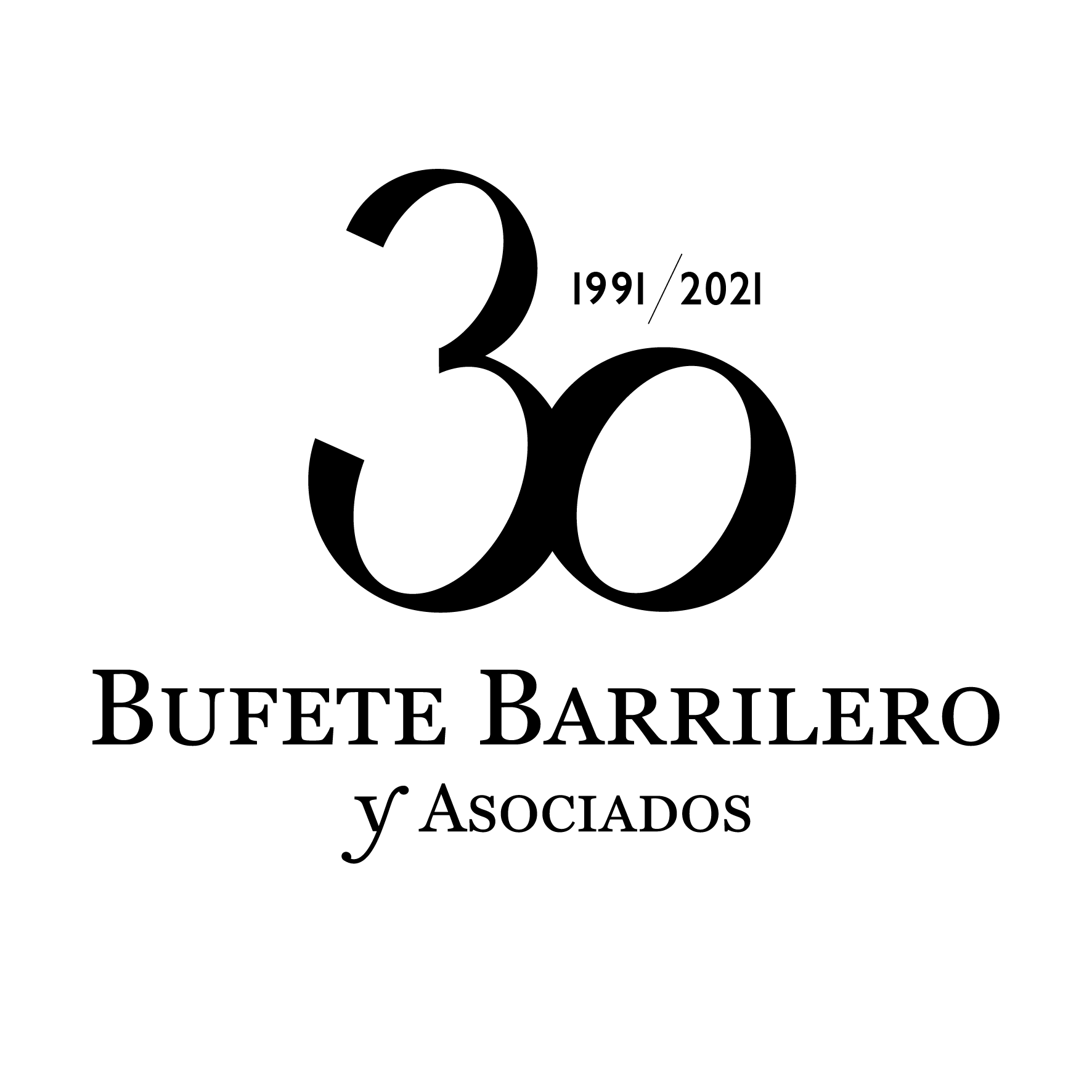The management and control of default payment is an important aspect of any business and the current crisis created by COVID 19 has made it a priority. It is now of the utmost importance to pay special attention to the default rate as we can expect it to increase exponentially in the very near future.
IDENTIFICATION AND ASSESMENT
We must identify the totality of contractual agreements and contractual relationships and assess whether their fulfilment may be jeopardized in any way. It is necessary to reassess how all the initial contractual scenarios may play out and, where appropriate, reformulate both a business plan for the current fiscal period and company’s previous liquidity assessments.
PLAN OF ACTION
A contingency plan must be put into place in order to cope with any liquidity stress related to any risk of third-party default payments. This plan must take into consideration specific measures including alternative funding solutions and fiscal actions which may be taken in order to ease any liquidity tensions.
LANDLORDS OR LEASING OPERATORS
Businesses operating in the leasing industry are especially vulnerable to default payment and must combine the new government-imposed obligations towards their lessees with a specific action plan in order to partially compensate the significant revenue loss derived from non-payment of rent in these contracts. This is also applicable to any lessors of business premises, especially those affected by mandatory closure, who will also need to carry out an individual analysis of each of its contracts.
SOLVENCY
The company’s solvency and its capacity to fulfil any due payments also needs to be studied, and any prospective action which may be carried out in the event of insolvency needs to be either mapped out or planned beforehand.


